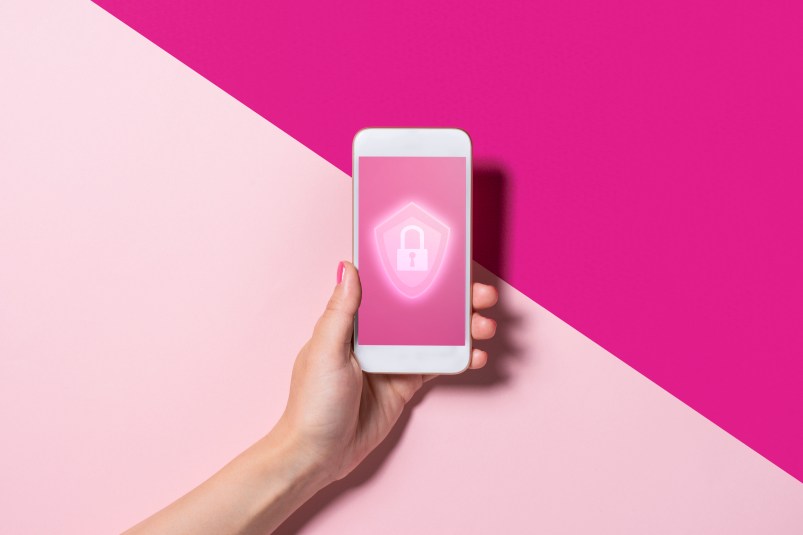6 Ways to Keep Your Accounts Safe From Hackers

An estimated 47 percent of Americans have had their personal data exposed by hackers. The good news: It takes just a few easy steps to protect yourself
Strengthen passwords with your favorite comfort foods.
A whopping 81 percent of hacked accounts are due to weak passwords. The reason we’re vulnerable? We’re following outdated rules. “The old advice was to use a mix of upper- and lowercase letters, numbers and characters, and to avoid words found in the dictionary,” says cybersecurity expert Michael Greene. “Now we know those types of passwords are less secure.” That’s because they’re so complex, we try to make them easy to remember with shortcuts, such as “123P@ssword,” which also makes them easy for hackers to guess.
The new rule: Create passwords at least eight letters long from words that are meaningful to you. For example, use your favorite foods, such as “Mac&CheesePecanPie.” The length enhances security, and it’s easy to remember.
Secure personal information with an ‘enemy mascot.’
Filling out a Facebook survey or sharing personal information on our social media profiles makes hackers 46 percent more likely to access our accounts. These details are often answers to security questions asked by banks and credit card companies.
The fix: “Give security answers that are different, but memorable,” Greene encourages. “For example, if you’re asked for your high school’s mascot, type in the one for your school’s rival team. It’ll be easy to recall yet scammers will never guess.”
Dodge fake emails by taking a deep breath.
Every day, fraudsters send 135 million emails to trick us into clicking a link that’ll give them access to our information. To make sure you click without thinking, they often contain dire warnings — for example, there’s been suspicious activity on your account and you need to act ASAP. But if you do click, you’ll download a malware program.
To avoid these scammers, just pause and take a deep breath, urges Greene. “These scammers rely on us to feel panicked, but simply slowing down helps us think more rationally and spot red flags, like misspellings,” he says. “And always remember, no legitimate business will ever ask you to sign into your account by clicking a link in an email.”
And of course, it never hurts to take measures to protect yourself offline, too. Check out some of our tips below.
Sidestep hidden scammers.
Electronic skimmers secretly installed on gas pumps can steal your information when you swipe your card. Look for a security seal — an adhesive strip across the pump’s panel. If it’s broken, skip that pump and move on to the next.
Outsmart trash can bandits.
Before discarding sensitive documents — such as bank statements, ATM receipts and credit card bills — shred them so they can’t be read by thieves who may rummage through your garbage.
Keep your social security number a secret.
When asked to provide your Social Security number at your doctor’s office, ask why it’s necessary. If they need a number to identify you, ask if you can use the one on your license. Most medical professionals are happy to comply.
This article originally appeared in our print magazine.
















